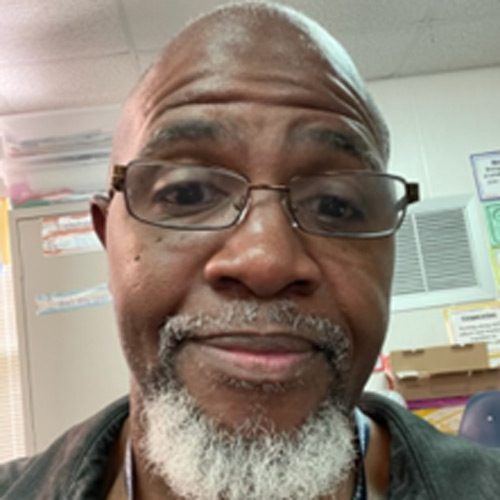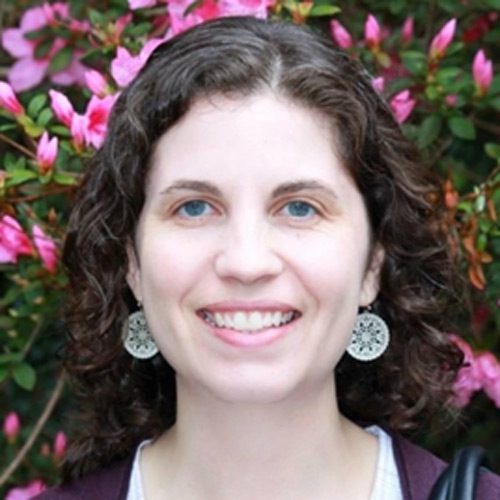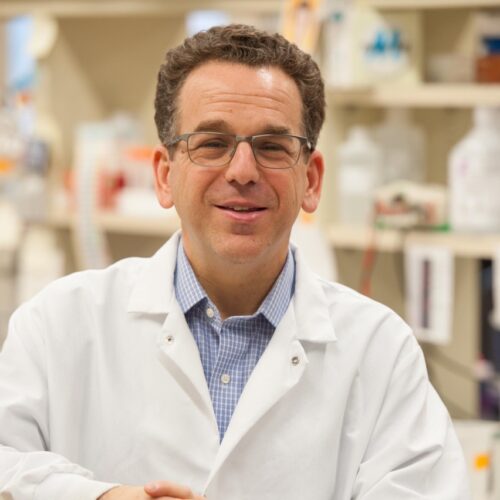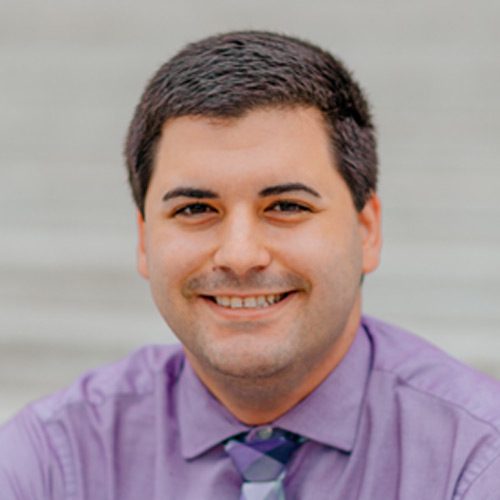John N. Constantino, M.D., is a board-certified child and adolescent psychiatrist who specializes in the diagnosis, treatment and prevention of behavioral and mental health conditions of children and adolescents. Dr. Constantino is the Chief of Behavioral and Mental Health, Children’s Healthcare of Atlanta. He is also a Professor in the Department of Psychiatry and Pediatrics at Emory University School of Medicine. Dr. Constantino received his medical education at the Washington University School of Medicine in St. Louis and completed a five-year combined residency in Pediatrics, General Psychiatry, and Child and Adolescent Psychiatry at the Albert Einstein College of Medicine in New York. As one of the leading child psychiatrists in the country, Dr. Constantino’s holistic approach to mental health has had an industry-wide impact, and his published research is some of the most highly cited in the field.
The Autism Spectrum Program of Excellence (ASPE) Advisory Board has been formed to provide scientific input to ASPE and to begin addressing the gaps between the research community and the broader autism community. Our Advisory Board consists of a diverse set of autistic self-advocates, caregivers, and/or leading researchers who focus their work on the autism spectrum.
Advisory Board


Pamela Feliciano, Ph.D., serves as the Scientific Director of SPARK (www.SPARKForAutism.org) and is a Senior Staff Scientist in the Division of Genetics and Genomics at Boston Children’s Hospital. SPARK is the world’s largest research study of people with autism and seeks to accelerate autism research through a vibrant and informative online platform that meaningfully engages individuals with autism and their families and connects them to interested researchers. As Scientific Director of SPARK, Feliciano oversees the return of all autism-related and secondary genetic results in SPARK and has a senior leadership role in the recruitment and retention of participants and the research priorities of the program. She also manages the review process for SPARK and Simons Searchlight’s Research Match platform. Previously, Feliciano worked as a senior editor at Nature Genetics, where she was responsible for managing the peer review process of research publications in all areas of genetics. While at Nature Genetics, Feliciano was engaged with the scientific community by giving talks and workshops on editorial decision-making at academic institutes worldwide. Feliciano holds a B.S. from Cornell University, an M.S. from New York University, and a Ph.D. in developmental biology from Stanford University. She has a teenage son with autism.

Tony Green is a former journalist, competitive athlete, currently semi-retired and working in the Pinellas County school system while playing music on the side (guitar). A 1999 NAJP Arts Journalism Fellow (Columbia U), he has worked music and sports beats for newspapers (Tampa Bay Times, Gannett Newspapers, Riverdale Press in the Bronx), and freelanced for the Village Voice, Spin, Vibe, Rolling Stone, JazzTimes and Slate among others. Tony was diagnosed with autism four years ago at 58, which helped him to contextualize his marital and family history. He was born in Yonkers, NY, and attended the prestigious Riverdale Country School in the Bronx.

Marissa Mitchel, M.S., CCC-SLP, is a speech-language pathologist and researcher at the Geisinger Autism & Developmental Medicine Institute. Although she has worked with children with neurodevelopmental disorders for many years, her perspective broadened when her son was diagnosed in 2021 with NRXN1 disorder/2p16.3 deletion. She strives to support and advocate for children with rare genetic disorders by strengthening the bridge between researchers, clinicians, and families. She lives in Lewisburg, PA with her husband and three children.

Eric M. Morrow, M.D., Ph.D., is a physician-scientist with extensive experience in autism and related neurodevelopmental disorders. Since moving to the Institute for Brain Science at Brown University in 2009, Dr. Morrow has taken an active role in building a multidisciplinary, translational research program in autism research. His laboratory research focus is on normal mechanisms that regulate brain development and on genetic and cellular mechanisms that lead to severe forms of autism. At the Emma Pendleton Bradley Hospital, Dr. Morrow leads the Rhode Island Collaborative for Autism Research and Treatment (RI-CART), a statewide, population-based research network. The long-range goals regarding Dr. Morrow’s research are to contribute to the development of innovative medical interventions that will enhance cognitive and adaptive gains in the most difficult-to-treat forms of autism. Dr. Morrow received his PhD in genetics and neurodevelopment at Harvard University and his MD degree from the Health Science Training Program at Massachusetts Institute of Technology and Harvard Medical School.

Jeremy Veenstra-VanderWeele, MD, is the William and Joy Ruane Professor of Pediatric Psychopharmacology at Columbia University; Director of the Division of Child & Adolescent Psychiatry at Columbia University Irving Medical Center (CUIMC), New York State Psychiatric Institute (NYSPI), and the NewYork-Presbyterian/Morgan Stanley Children’s Hospital; and Co-Director of the NIMH R25 Shaffer Scholars Research Residency Program, the NIMH T32 Postdoctoral Fellowship in Translational Child Psychiatry Research, and the Whitaker ScholarsProgram in Developmental Neuropsychiatry at CUIMC/NYSPI. Dr. Veenstra-VanderWeele is a child and adolescent psychiatrist who uses molecular and translational neuroscience research tools in the pursuit of new treatments for autism spectrum disorder and pediatric obsessive-compulsive disorder. His work has been recognized with multiple awards, including the 2022 for Contributions in Developmental Disabilities from the American Academy of Child and Adolescent Psychiatry.

Zack Williams, Ph.D., is an autistic M.D./Ph.D. candidate at Vanderbilt University School of Medicine, as well as an affiliate of the Vanderbilt Kennedy Center and Vanderbilt’s Frist Center for Autism and Innovation. He received his undergraduate degree in psychology at Yale University and is currently pursuing a joint Ph.D. in neuroscience and hearing & speech sciences. He is the co-chair of the International Society for Autism Research (INSAR) Autistic Researchers Committee and the Vice-chair of ANSWER (Autistic & Neurodivergent Scholars Working for Equity in Research) within the Autism Intervention Network on Physical Health (AIR-P). His research focuses on the sensory manifestations of autism in adulthood, the assessment and treatment of co-occurring physical and mental health problems in autistic adults, and the development of novel questionnaires and clinical measures to assess core and associated features of autism across the lifespan. As a psychiatrist-in-training, he hopes to specialize in the treatment of autistic adults with mood disorders and additional mental health conditions, working to develop evidence-based treatments and care pathways for this specific population. You can follow him on Twitter at @QuantPsychiatry.

